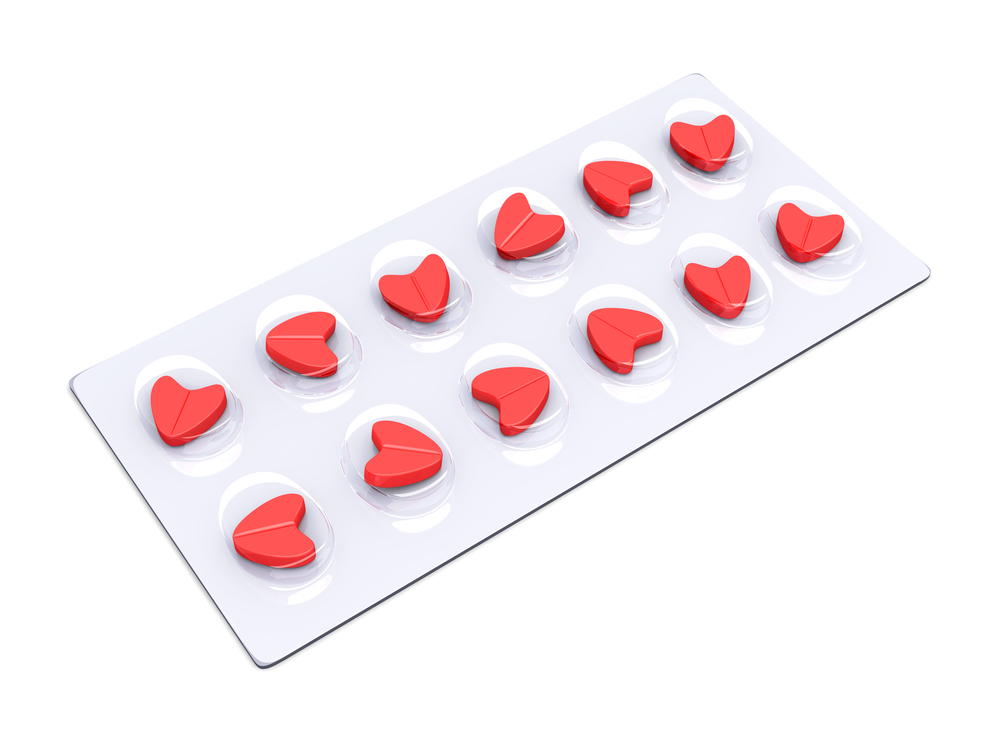 In my early twenties, I had a really good break-up with someone whom I considered to be part of my chosen family. “Amicable” doesn’t even capture the “Friends forever!” commitment with which we launched into our post-couple bond. The thought of him having a new girlfriend made me excited for him: Nobody had told us differently or handed us a script for what breakups were about. But when that new girlfriend – and future wife, as it turned out – came along, she didn’t see things the same way. Continued friendship represented, to her, a failure to move on. We were to have no further contact.
In my early twenties, I had a really good break-up with someone whom I considered to be part of my chosen family. “Amicable” doesn’t even capture the “Friends forever!” commitment with which we launched into our post-couple bond. The thought of him having a new girlfriend made me excited for him: Nobody had told us differently or handed us a script for what breakups were about. But when that new girlfriend – and future wife, as it turned out – came along, she didn’t see things the same way. Continued friendship represented, to her, a failure to move on. We were to have no further contact.
As devastating as it was at the time, the couples around me since, and in particular their dissolutions, have me wondering whether we dodged a bullet. It seems a fair subset of breakups don’t involve immediate hate; nevertheless, over time the emotional backlash takes its toll. Guilt and sadness fester in the friendship until it, too, dissolves.
It’s all part of the human experience, but would we change it if we could? Perhaps not for the sake of relationships themselves, but enough children are in unbearable post-divorce stand-offs to give one pause. What if we could ease the break-up suffering just enough so that their parents could rise above it and effectively co-parent? Come to think of it, what if biological interventions could make the love last in the first place? The good people at the Future of Humanity Institute and the Oxford Centre for Neuroethics are working on just that, along with such ideas as preventing oneself from falling in love with somebody else while in a relationship you want to stay in.
 It seems at each stage of the game – attraction, romantic love, companionate attachment and detachment – chemical compounds are naturally at work and can be enhanced or downplayed according to our rational wishes.
It seems at each stage of the game – attraction, romantic love, companionate attachment and detachment – chemical compounds are naturally at work and can be enhanced or downplayed according to our rational wishes.
The ability chemically to manipulate not just individual states like moods, but relationships themselves, is already a reality. Most of the time it’s unintentional: People taking serotonin reuptake inhibitors (SSRIs) are less likely to fall in love. Brian Earp, a research associate at the Oxford Uehiro Centre for Practical Ethics looks at anti-love biotechnology – the kind that battles against paedophiliac impulses (androgen blockers, for example) or might help a battered woman overcome her Stockholm syndrome and save her own life.
Earp presents love as a type of interpersonal heroine, and when relationships dissolve, we undergo an acute detox period followed by intense withdrawal cravings, resurfacing long afterward if given the relevant cues. Could anti-addiction pharmacology help us get over a crippling loss of love?
Ed Yong handily dismantled the most recent hype about oxytocin as the love cure-all, but magic-bullet solutions are usually just the beginning of a more tempered discussion. A real danger of these emergent pharmacological tools is the matter of who is going to use them upon whom. They could be adopted to suppress homosexual feelings in bigoted societies, for example, or administered by an abuser to bind his victim more tightly. In the words of Ani DiFranco, every tool is a weapon if you hold it right.